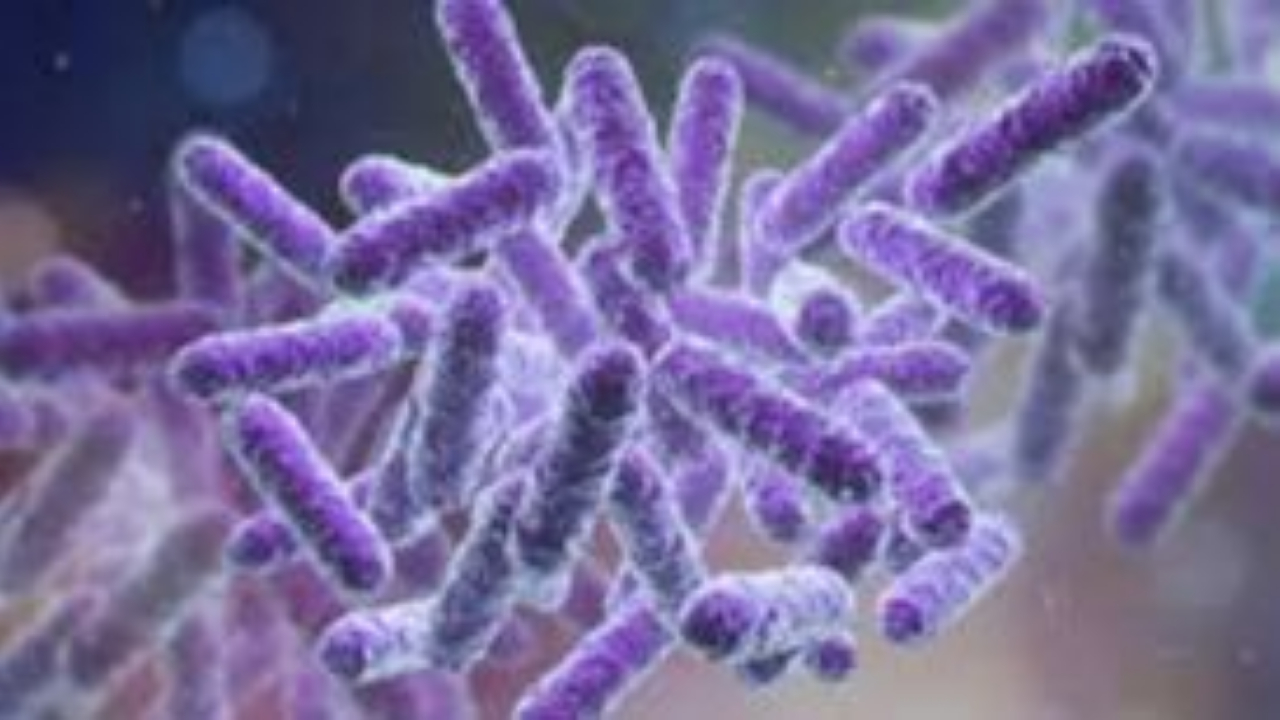What is your gut microbiome and why is it important
Mar 11, 2025
The Gut Microbiome: A Microscopic Metropolis
Within the hidden depths of our digestive system lies a bustling microbial city that rivals the complexity of any human metropolis. This invisible ecosystem, known as the gut microbiome, is home to an astonishing number of microorganisms that play crucial roles in our health and well-being.
The Microbial Census
The human gut hosts an incredible number of microbes. Recent estimates suggest that there are approximately 38 trillion bacteria in the human microbiome, weighing about 0.2 kg (0.44 lbs)1. To put this into perspective, these microbes outnumber our own human cells by a ratio of 1.3 to 1. However, the gut microbiome isn't just about bacteria. It's a diverse community that includes:
- Bacteria: 300-1000 different species
- Fungi: Including genera like Candida, Saccharomyces, and Aspergillus
- Viruses: Primarily bacteriophages that infect bacteria
- Archaea: Ancient single-celled organisms
The Good, The Bad, and The Opportunistic
The gut microbiome is often described in terms of "good" and "bad" bacteria, but the reality is more nuanced. Here's a breakdown:
Good Bacteria (Probiotics)
- Examples: Bifidobacteria, Lactobacillus
- Functions: Aid digestion, produce vitamins, support immune function
- Proportion: Ideally about 20% of the gut microbiome
Bad Bacteria (Pathogens)
- Examples: Pathogenic strains of E. coli, Clostridium difficile
- Effects: Can cause infections, inflammation, and other health issues
- Proportion: Should be kept to about 10% or less
Opportunistic Bacteria
- Examples: Certain strains of E. coli, Bacteroidetes
- Behavior: Normally harmless, but can become problematic if overgrown
- Proportion: Should make up about 70% of the gut microbiome
The Ideal Ratio: 2:1:7
Research, particularly from Japan, has suggested an ideal balance for the gut microbiome, known as the 2:1:7 ratio5:
- 20% beneficial bacteria
- 10% harmful bacteria
- 70% opportunistic bacteria
This ratio is thought to promote optimal gut health and overall well-being. When this balance is maintained, it supports digestive function, immune health, and even mental well-being.
Diversity is Key
While the ratio is important, diversity within the gut microbiome is equally crucial. A healthy gut typically contains 300-1000 different bacterial species4. This diversity ensures a robust ecosystem that can adapt to changes and maintain overall health.
Nurturing Your Microbial Garden
To support a healthy gut microbiome:
- Eat a diverse diet rich in fiber and fermented foods
- Limit processed foods and unnecessary antibiotics
- Manage stress through relaxation techniques
- Get regular exercise
- Ensure adequate sleep
Remember, your gut microbiome is as unique as your fingerprint. By understanding and nurturing this complex ecosystem, you're investing in your overall health and well-being. After all, a healthy gut is the foundation of a healthy you!
Share
Export
Rewrite
. now give me an amazing 10/10 blog the importance of the gut microbiome. what is it..why is it important and what should one do daily
Your answer was upgraded to Pro Search
Pro considers 3x more sources. Subscribe to increase your daily limit.
0 enhanced queries remaining today.
Upgrade
Pro
26 sources
Role of the normal gut microbiota - PMC - PubMed Central
The Microbiome - The Nutrition Source
+23 sources
Answer
The Gut Microbiome: Your Hidden Superpower
The human body is a marvel of complexity, but perhaps one of its most fascinating and influential components is invisible to the naked eye. Nestled within our digestive tract lies a bustling metropolis of microorganisms known as the gut microbiome. This microscopic ecosystem, comprising trillions of bacteria, fungi, viruses, and other microbes, plays a pivotal role in our overall health and well-being13.
What is the Gut Microbiome?
The gut microbiome refers to the vast community of microorganisms that inhabit our digestive system, primarily the large intestine. This intricate network consists of 300-1000 different species, with bacteria being the most abundant and well-studied component1. Imagine a thriving city where each microbe has its own role, working in harmony to maintain the delicate balance of our internal environment.
Why is the Gut Microbiome Important?
The importance of the gut microbiome cannot be overstated. Far from being mere passengers, these microorganisms are active participants in our health, influencing various aspects of our physiology:
- Nutrient Metabolism
Our gut microbes are master chemists, breaking down complex carbohydrates that our bodies can't digest on their own. They ferment dietary fibers into short-chain fatty acids (SCFAs), which serve as a vital energy source for our intestinal cells and have far-reaching effects throughout the body13.
- Immune System Regulation
The gut microbiome is a crucial training ground for our immune system. It helps calibrate immune responses, ensuring that our bodies can effectively combat pathogens while maintaining tolerance to harmless substances23.
- Brain-Gut Connection
Emerging research suggests that the gut microbiome plays a significant role in the gut-brain axis, influencing mood, behavior, and even cognitive function1.
- Vitamin Synthesis
Some gut bacteria are adept at producing essential vitamins that our bodies can't synthesize, such as vitamin K and several B vitamins3.
- Protection Against Pathogens
A healthy gut microbiome acts as a barrier against harmful microorganisms, competing for resources and producing antimicrobial compounds13.
Daily Habits for a Healthy Gut Microbiome
Nurturing your gut microbiome is a daily commitment. Here are some science-backed strategies to promote a thriving gut ecosystem:
- Diversify Your Diet
Aim for 30 different plant foods each week. This diversity provides a wide range of fibers and polyphenols, which serve as fuel for beneficial gut bacteria5.
- Embrace the Rainbow
Incorporate a colorful array of fruits and vegetables into your meals. Different colors often indicate different beneficial compounds, each supporting various aspects of gut health5.
- Go Nuts for Nuts and Seeds
Include a variety of nuts and seeds in your diet. They're rich in fiber, polyphenols, and healthy fats that promote microbial diversity5.
- Legumes for the Win
Add legumes like chickpeas, lentils, and beans to your meals. They contain prebiotic fibers that nourish beneficial gut bacteria5.
- Whole Grains for the Long Haul
Choose whole grains over refined alternatives. They provide sustained nourishment for your gut microbes and contribute to overall digestive health5.
- Fermented Foods Festival
Incorporate fermented foods like yogurt, kefir, sauerkraut, and kimchi into your diet. These probiotic-rich foods can introduce beneficial bacteria to your gut3.
- Stay Hydrated
Proper hydration supports the mucosal lining of the intestines, creating an optimal environment for beneficial microbes to thrive.
- Move Your Body
Regular physical activity has been shown to positively influence gut microbial composition and diversity.
- Manage Stress
Chronic stress can negatively impact gut health. Practice stress-reduction techniques like meditation, yoga, or deep breathing exercises.
- Prioritize Sleep
Quality sleep is crucial for maintaining a healthy gut microbiome. Aim for 7-9 hours of restful sleep each night.
In conclusion, the gut microbiome is not just a passive collection of microbes; it's an active partner in our health journey. By adopting these daily habits, we can cultivate a thriving gut ecosystem that supports our overall well-being. Remember, every bite you take is an opportunity to nourish not just yourself, but the trillions of microbes that call your gut home. Here's to your health – and theirs!
Stay connected with news and updates!
Join our mailing list to receive the latest news and updates from our team.
Don't worry, your information will not be shared.

